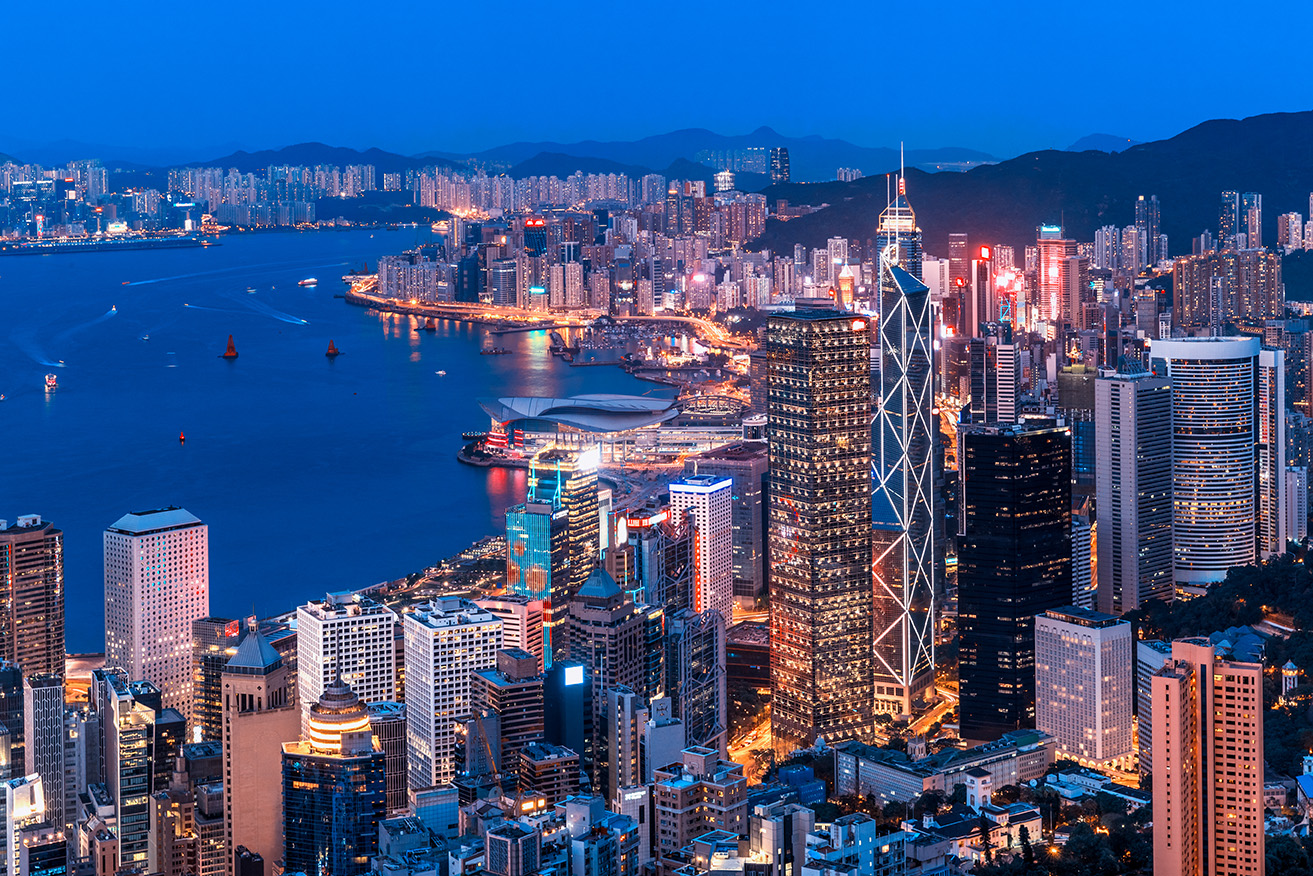In this week’s article, I wanted to continue with the concept introduced by my colleague Blair last week, which focused on the current valuation discrepancies in markets. Whilst his article focused on large versus small-cap equities, this week we will consider the possibility of a market rotation and the likely beneficiaries, aside from small-caps, through a thematic lens.
As headlines continue to be dominated by large-cap tech/AI-focused stocks, Nvidia especially, it raises the question of how long this can continue. Over more recent weeks, there have been signs and market whisperings, albeit small, of a long-awaited market rotation. Just last week, Nvidia fell 6% post-earnings, despite beating analyst predictions across the board; reflective of the heightened expectations placed on these businesses and how quickly sentiment can change.
A market rotation is as it sounds – investors (en mass) rotate, sell, or take profits from a collection of stocks and rotate, buy and invest into others - typically from those highly valued into unloved, relatively attractively priced areas of the market.
On the one hand, we acknowledge that there are significant opportunities surrounding AI and have dedicated investments across our strategies - both in the businesses producing the capabilities and the multiple beneficiaries. On the other, we remain of the belief that certain stocks have overheated and should expectations fall short or the promised efficiency gains fail to materialise, it could trigger a rotation. Conversely, looking through our thematic lens, there are two key themes that are looking attractive from a valuation perspective, which are currently been ignored by the market.

These include investments across the environmental solutions space, which arguably went through their own hype cycle pre-2020, pushed by the worldwide “green” agenda. In more recent years, the sector has been impacted by higher costs, which have been two-fold. First, rising interest rates, which have increased the cost of financing projects from wind farms to water treatment facilities, and second, supply chain issues, causing the costs of materials to skyrocket. Both have put pressure on margins, profitability and share prices. In addition, countries around the world have pushed net zero targets and climate change initiatives down their agenda in light of immediate concerns such as the cost of living and inflation, amongst others.
Whilst the sentiment and macro backdrop have been undoubtedly challenging, the long-term theme remains unchanged. There is no denying that our planet remains under pressure in the face of an increasing population, utilising limited resources, testing our infrastructure and leaving a negative carbon footprint.
As the broader marketing seemingly focuses solely on AI, underlying funds across our dedicated Ravenscroft Global Solutions Fund or those in our core multi-manager range, such as Pictet Global Environmental Solutions, which provide exposure to companies looking to tackle these challenges through innovation and resource management, have been largely ignored.
With the theme intact and valuations attractive, it could certainly be a beneficiary to any rotation.
Another of our preferred investment themes is growth across emerging markets, predominantly the rise in consumption but also changing cities, quality of healthcare and technology.

Driven by the US, the focus of market returns for many years prior has been the developed world. With the prolonged impact of Covid-19 in many regions, we have seen stunted economic growth and a slowdown in domestic spending. In addition to this, China, a significant influence on markets, has received negative attention due to extended and strict lockdowns, real estate downturns and geo-political challenges.
Across the board this has taken the attention away from real opportunities in the space, whether this is chip production and the electronics industry in Taiwan, the new capex cycle in India, or the implementation of a financial/wealth management network in Vietnam.
Following a recent thematic deep dive, we have constructed the emerging market exposure across our strategies so that it is broad-based to ensure we have high levels of diversification, both regionally and across sectors, gaining exposure to currently overlooked opportunities in Asia, UAE and Brazil, and across sectors.
Markets are, by their very nature, unpredictable. The Magnificent Seven rally may continue for some time yet, or one misstep could signal a sell-off with market breadth returning – which we would welcome. With that in mind, whilst we are particularly positive about the trends highlighted, we have ensured our portfolios have exposure across our collective themes, with various levers in place to aid a smoother investment experience.


